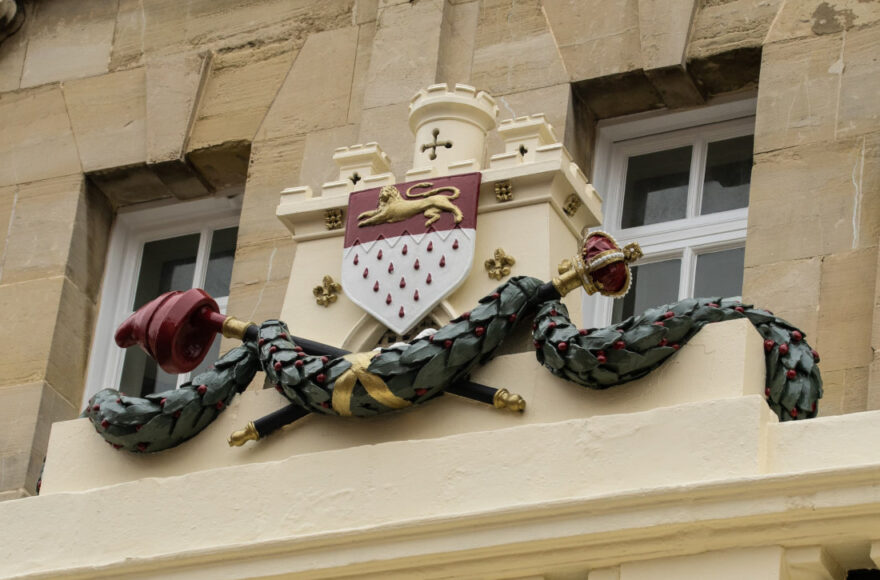Technological advances have enabled prosthetics manufacturers to create some incredible devices for amputees – but these limbs do not come cheap and the National Health Service has competing priorities and demands on a finite budget.
NHS England plans and buys specialised services for people with complex disability needs, including lower and upper limb amputees – according to its website, the NHS works to ensure it achieves maximum return from every pound spent while providing the best quality of care for patients. It is clear, then, that spending on prosthetics is being carefully scrutinised and reviewed. According to NHS figures, up to 60,000 patients with amputation or congenital limb deficiency require prosthetics and attend specialist service centres across the UK, and NHS England spends approximately £60 million every year on these services.
These costs are not limited to the manufacturing of the prosthetics themselves; funding is also required for fitting, replacement parts and servicing, as well as specialist multi-disciplinary teams including psychologists and prosthetists providing individual patient services such as rehabilitation consultancy, physiotherapy and occupational therapy.
Those who have been injured as innocent victims of someone else’s lack of care rightly pursue compensation from the negligent party and are entitled to claim for private rather than NHS treatment – indeed, many people feel strongly that in such cases the negligent party’s insurance company should be made to foot the bill, instead of using up precious NHS resources and potentially depriving other patients whose need is also great.
The NHS is required to apply strict assessment criteria when allocating prosthetics to patients – and the latest cutting-edge technology is often the most expensive option. This includes gyroscopes, hydraulics, acceleration sensors, computer-controlled ‘smart’ limbs linked via microprocessors to mobile phone apps, strong and waterproof hi-tech materials including high-grade titanium, and artificially-powered ‘sprung’ ankles that can replace lost calf muscles.
The George Ide team has successfully supported many amputees through the claims process in the past and we are committed to continuing this valuable work. By working closely with leading experts, we seek to restore injured clients’ quality of life and help them reclaim their lives by achieving their best-possible rehabilitation, prosthetics, aids, equipment, transport and housing provision.
Contact us on 01243 786668 or at info@georgeide.co.uk for more information about our personal injury services or to find out if our experienced team could help you or a loved one with a compensation claim.
Paul Fretwell. Partner, Personal Injury department.
Contact Our Friendly Legal Experts Today
For general enquiries or to discuss more specific needs in personal or commercial law please get in touch with a friendly member of our team today.
Latest News

All You Need to Know About Contentious Probate

Myth busting Mediation - What is it, and how can it help?

Your Quick Guide to End of Year Tax Planning

Court Claims & the Limitation Period

How the Court of Protection Works and the Role of a Deputy








